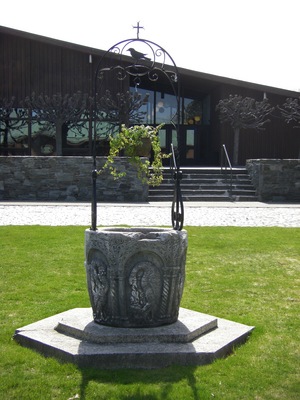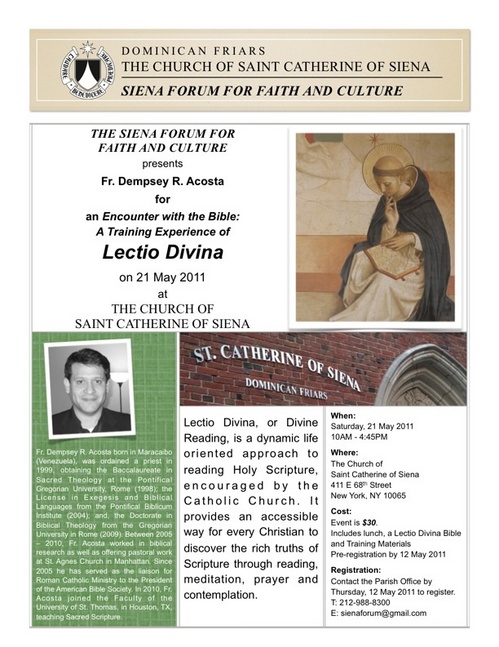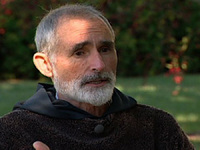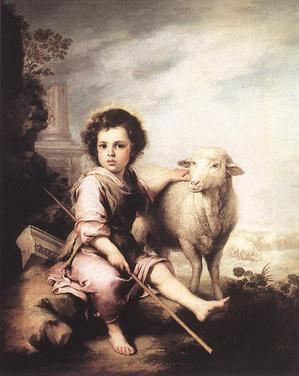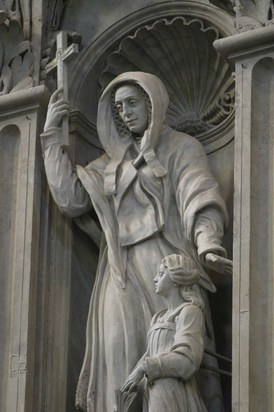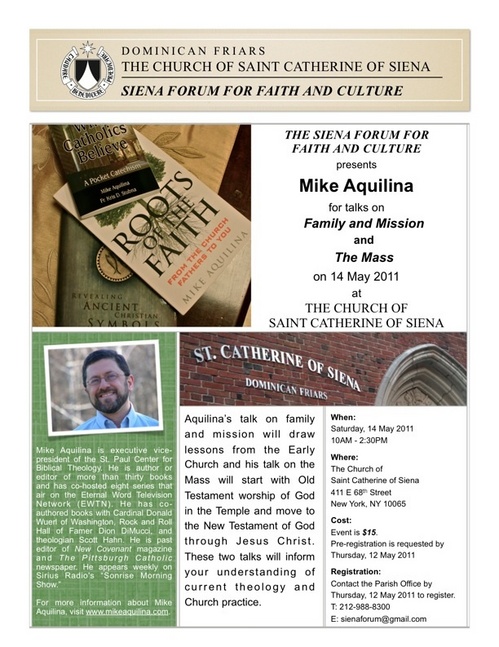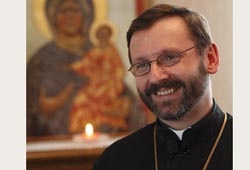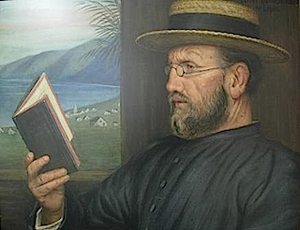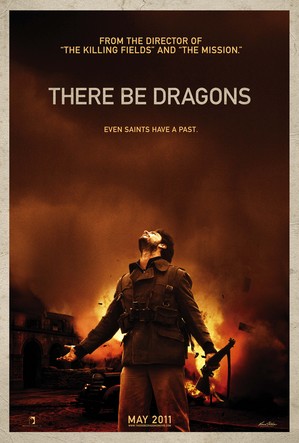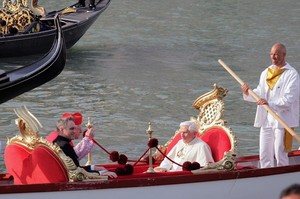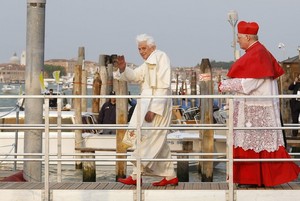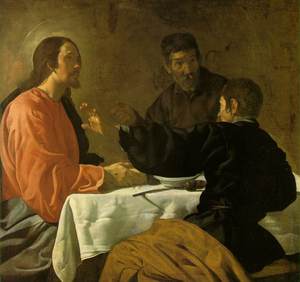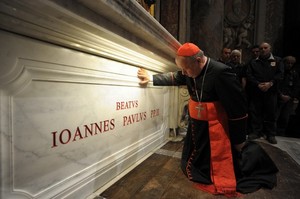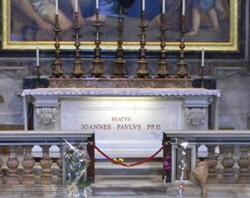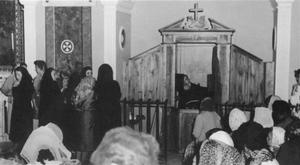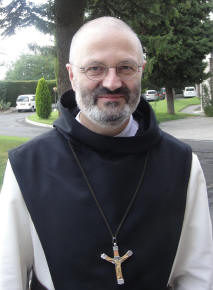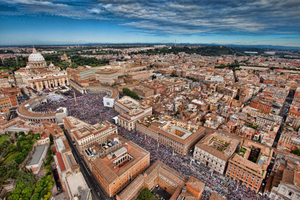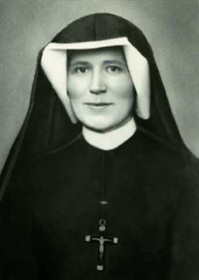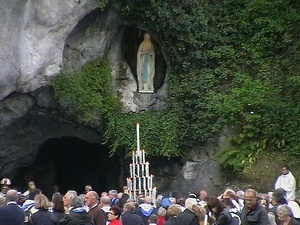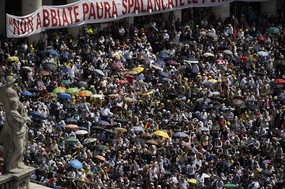The Pope, for the first time since forming the council for promoting the New Evangelization in 2010, addressed the full body of cardinals, bishops, theologians and consultors on May 30. There are two noteworthy Americans who are key advisors for this work, Archbishop Timothy Dolan (Archbishop of NY) and Sister Sara Butler (a theologian at Mundelein Seminary). Plus, I would say that the presence of Father Julián Carrón and Cardinal Scola should be noted, also. The Pope's talk is given below.
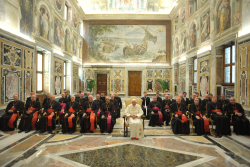
When last June 28, at First Vespers of the Solemnity of the Holy Apostles Peter and Paul, I announced that I wished to institute a dicastery for promoting the New Evangelization, I gave an operative beginning to a reflection that I had had for a long time on the need to offer a concrete answer to the moment of crisis in Christian life, which is being verified in so many countries, above all those of ancient Christian tradition. Today, with this meeting, I can see with pleasure that this new pontifical council has become a reality. I thank Archbishop Salvatore Fisichella for the words he addressed to me, introducing me to the work of your first plenary assembly. My warm greetings to all of you with my encouragement for the contribution you will make to the work of the new dicastery, above all in view of the 13th Ordinary General Assembly of the Synod of Bishops that, in October of 2012, will in fact address the topic "New Evangelization for the Transmission of the Christian Faith."

